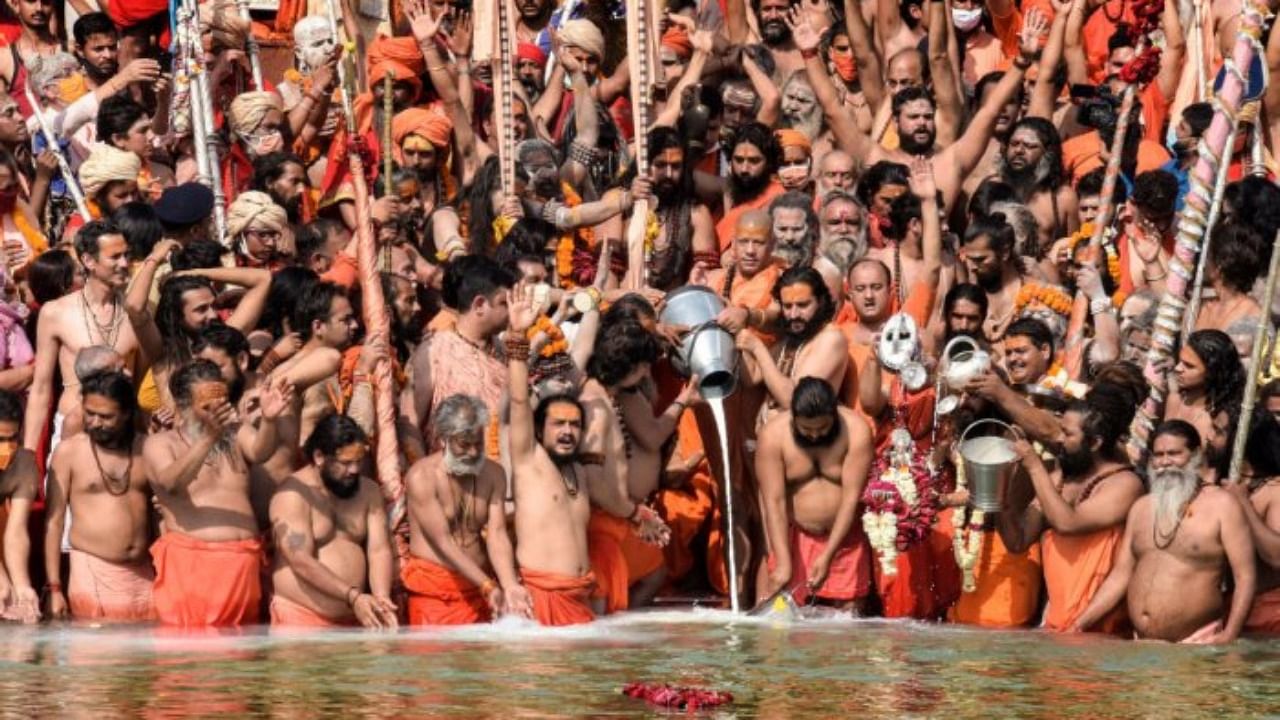
Two major religious events that are likely to be held in the country in the coming days have the potential to become Covid-19 super spreaders. One is the Kawad Yatra, which is an annual pilgrimage of Shiva devotees who collect water from the Ganga at Haridwar and take it back to their home states. It is set to start on July 25, and UP Chief Minister Yogi Adityanath has given permission to hold the yatra, as most pilgrims will be from his state. The second event is the Char Dham Yatra in Uttarakhand. The High Court has stayed the yatra till July 28, but the state government has appealed in the Supreme Court against the order. The High Court had noted that the holding of major religious gatherings would be “inviting a calamity’’.
It is unfortunate that governments have not learnt any lessons from the experience of the pandemic in the last year, especially the lessons of the second wave. Kawad Yatra may see over 30 million pilgrims visit Hardwar over a fortnight and may pose a greater hazard than the Kumbh Mela, which saw over seven million pilgrims congregate over a month. There are also reports of tourists flocking to the hill state after the relaxation in Covid restrictions.
Yogi Adityanath has told state officials to ensure the success of the yatra and the safety of the pilgrims and to strictly enforce Covid protocols. But no administration will be able to enforce the norms when millions of people congregate. The experience of the Kumbh Mela should have guided the governments in deciding on the Kawad Yatra and the Char Dham Yatra. Several religious events have only been held symbolically, like the rath yatra at Puri, or have been cancelled altogether, like the Amarnath Yatra in Kashmir. The two state governments should have decided against them without a second thought. Late on Tuesday, Uttarakhand finally decided to cancel Kawad Yatra, but UP, which was especially hit hard by the second wave of the pandemic, continues to hold out. The forthcoming Assembly elections in the state might have goaded the government to take such a wrong decision.
The World Health Organisation has said that the increase in India’s Covid cases during the second wave had much to do with religious and political gatherings. The Indian Medical Association (IMA) has expressed concern over the lax attitude of the people and the governments in following or enforcing Covid protocols. It has said that the third wave of the pandemic is imminent and that “tourist bonanza and religious pilgrimages’’ should wait. Governments have the responsibility to avert and control the pandemic. They should not hasten and aggravate its impact.